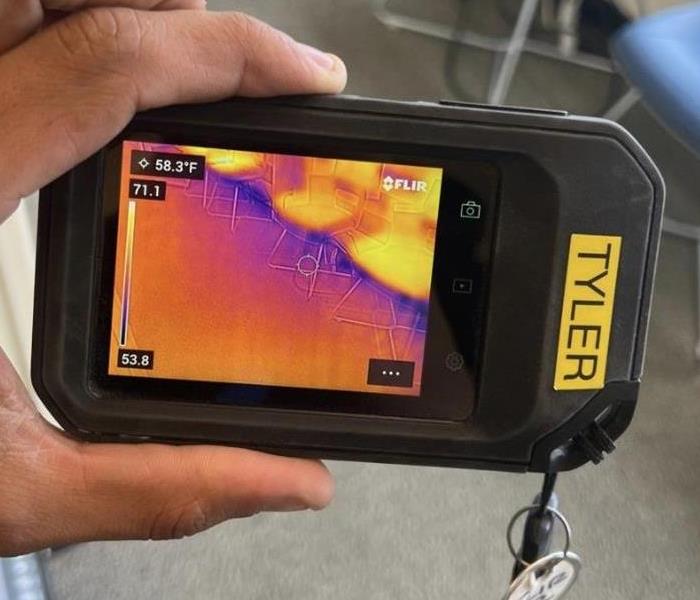The Essential Role of Proper Insulation in Preventing Water Damage
10/16/2024 (Permalink)
 Ensuring your home is well-insulated not only enhances energy efficiency but also plays a crucial role in protecting your property from water damage.
Ensuring your home is well-insulated not only enhances energy efficiency but also plays a crucial role in protecting your property from water damage.
Water damage is one of the most common and costly issues homeowners face in Collingdale, PA. Surprisingly, one of the most effective ways to mitigate this risk is through proper insulation. Ensuring your home is well-insulated not only enhances energy efficiency but also plays a crucial role in protecting your property from the devastating effects of water damage.
How Insulation Helps Prevent Water Damage
Proper insulation acts as a barrier between your home and the elements, helping to regulate temperature and reduce moisture buildup. This is particularly important in areas prone to extreme weather conditions. Insulation helps maintain a consistent indoor temperature, reducing the likelihood of condensation forming on cold surfaces. Condensation, when left unchecked, can lead to water damage over time, particularly in attics, basements, and crawl spaces.
Additionally, insulation serves as a protective layer, preventing water from seeping into the structural components of your home. For example, spray foam insulation can be particularly effective in sealing cracks and gaps in your home’s exterior, thereby preventing water infiltration.
The Financial Impact of Poor Insulation
The financial consequences of inadequate insulation and resulting water damage can be significant. According to the U.S. Environmental Protection Agency (EPA), homeowners can save up to 15 percent on heating and cooling costs by properly insulating their homes. This statistic not only highlights the energy-saving benefits but also underscores the potential cost savings from avoiding water damage. The expense of repairing water-damaged walls, ceilings, and floors can far outweigh the initial investment in proper insulation.
By insulating your home correctly, you’re not just investing in energy efficiency but also safeguarding your property from expensive repairs down the line.
Choosing the Right Insulation for Water Damage Prevention
When it comes to insulation, not all materials are created equal. For optimal water damage prevention, materials like closed-cell spray foam, rigid foam board, and fiberglass batts are recommended. These materials are known for their moisture-resistant properties, making them ideal for areas vulnerable to water intrusion.
It’s also essential to ensure that insulation is installed correctly. Poor installation can lead to gaps and weak spots, undermining the effectiveness of the insulation and increasing the risk of water damage. Hiring a professional to assess your insulation needs and ensure proper installation is a wise investment in the long-term protection of your home.
Conclusion
Proper insulation is more than just a means to save on energy bills; it is a vital component in preventing water damage in your home. By choosing the right insulation materials and ensuring they are installed correctly, you can protect your property from costly water damage repairs. Invest in quality insulation today, and enjoy the peace of mind that comes with knowing your home is well-protected against water damage.






 24/7 Emergency Service
24/7 Emergency Service